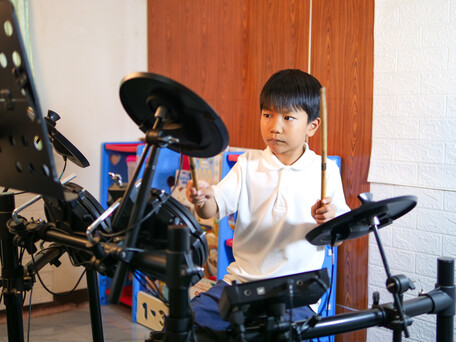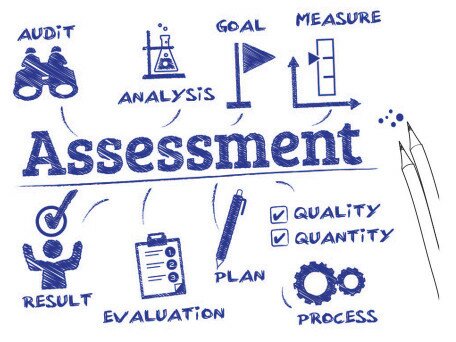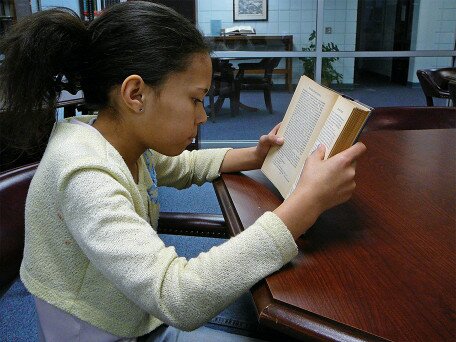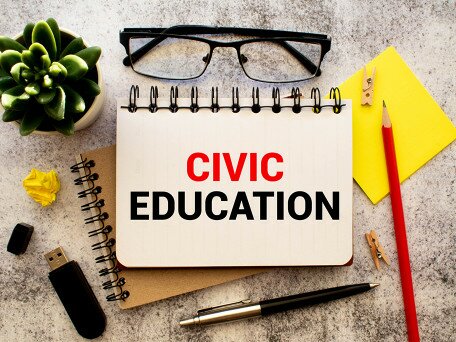Exploring the Factors Related to Music Learners’ Adoption of Effective Practice Strategies: An Examination of Possible Hypotheses
- Project Scheme:
- General Research Fund
- Project Year:
- 2024/25
- Project Leader:
- Dr Matsunobu, Koji
- (Department of Cultural and Creative Arts)

We will investigate which values and forces are the more powerful intra-personal constraints on their music learning.
Effective practice is essential to becoming a successful musician. Effective practice requires self-control, self-observation, and self-reflection towards internalised goals and expected outcomes (Cleary et al., 2012; McPherson et al., 2018; Miksza, McPherson et al., 2018). Research on self-regulated learning (SRL) in music has focused on understanding learners’ internal processes and generated a range of valuable recommendations for effective music practice (McPherson et al., 2019; Miksza, 2022). Researchers have identified and developed effective practice strategies, such as microanalysis (McPherson et al., 2019; Miksza, Blackwell et al., 2018) and practice diaries (Osborne et al., 2021).
Although a consensus has been established on what constitutes effective music practice and the methods that learners should apply (McPherson, 2022; Miksza, 2022), little is known about why they do not consistently utilise strategies that support successful practice and skill development. In the proposed study, we will investigate the internal processes that can hinder the adoption of effective practice. Five hypotheses will be tested simultaneously, which propose that students do not practise effectively because (1) they are not aware of effective practice strategies (awareness); (2) they do not believe that their practice efforts will improve their performance outcomes, regardless of their efforts (efficacy); (3) they do not see the practical value of effective practice (utility value); (4) they do not see the value of effective practice relative to the costs involved (cost value); or (5) because their teachers do not have a proper understanding of effective practice strategies. We will investigate which values and forces are the more powerful intra-personal constraints on their music learning.
To examine these hypotheses, we will conduct a survey involving studio music teachers (n = 200) and secondary school students (n = 800) in Hong Kong. We will apply a questionnaire consisting of 20 items x 5 scale questions. The 20 items will focus on specific SRL practice strategies based on the study by McPherson (2022). For each item, students will be asked to rate each construct of the hypotheses (awareness, efficacy, utility value, and cost). The data obtained from (1) the teachers and (2) the students will be compared with (3) the integrated perspectives of five SRL music scholars.
The outcomes of this research will offer a nuanced understanding of what aspects of effective practice strategies students find challenging and why. It will provide music teachers with practical advice and suggestions for facilitating task-specific practice strategies.








